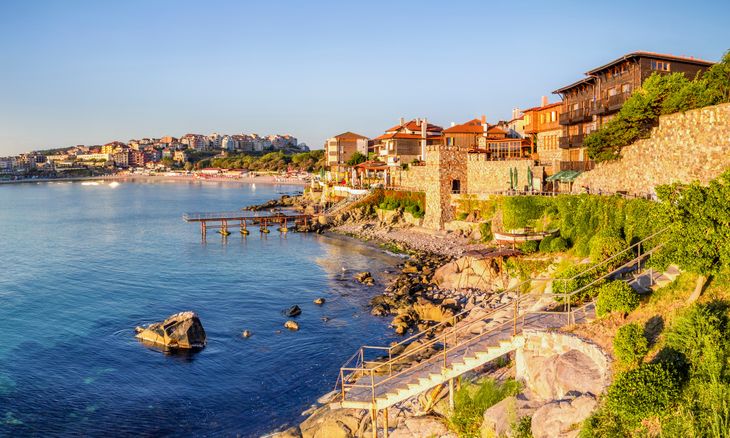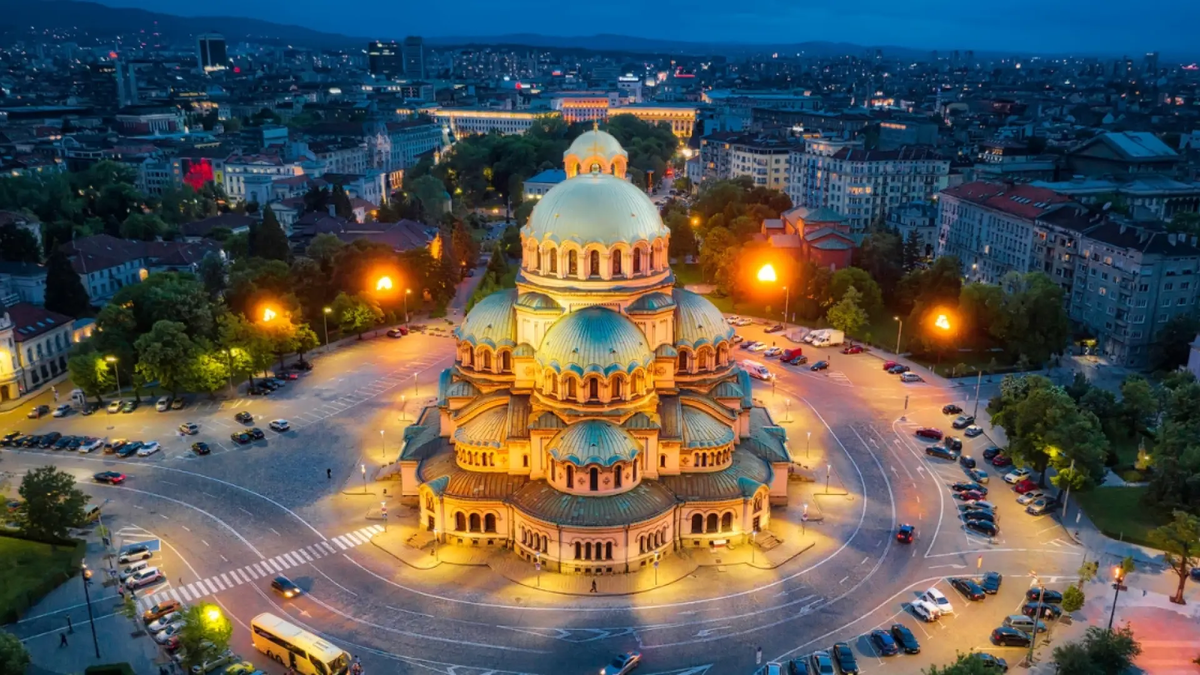Bulgaria It is known for its rich history, stunning nature and affordable prices. This destination is positioned as an attractive option for those looking to settle in Europe. Since January 1, 2025, with its integration into the Schengen area, this Balkan country has become even more accessible for citizens of the European Union and other regions.
Being located in this territory is significantly cheaper than in Western Europeoffering an outstanding quality of life at a reduced cost. This note analyzes the fundamental expenses to reside in the country: housing, services, food, transportation and other essential aspects that define the monthly budget.
Emigrate: what are the basic costs of Bulgaria
The average monthly budget
The cost of living in Bulgaria is considerably lower compared to other European nations. A couple can live comfortably in major cities with about a 1,500 euros per month. This amount covers expenses such as rent, basic services, food and moderate entertainment.
bulgaria-1.jpeg
Despite being a cheaper destination, Bulgaria offers modern infrastructure and quality services for its residents.
Home rental costs
In the capital Sofia, a two-room apartment in a pleasant area is around the 920 euros monthlywhile one of three rooms amounts to 1,200 euros. In towns like Plovdiv, Varna or Burgas, the rent varies between 450 and 900 euros depending on size and location.
Utility Expenses
Payment for essential services such as electricity, water and heating depends on consumption and location. In an average apartment, heating costs between 50 and 100 euros during the winter months, while the electricity supply is around 25 and 40 euros. He water, measured by consumptionimplies an approximate expense of 10 euros per month.
In addition, a small annual tax on real estate and building maintenance must be considered, which adds up to around 5 euros per month.
Food prices
He Monthly food expenditure for a family of three people ranges between 300 and 400 euros. This calculation includes staples such as fruits, vegetables, meat, dairy products, and grains.
Fresh seasonal products can be found in local markets, while national and international brands predominate in supermarkets. Some average prices are: a liter of milk, 0.80 euros; a kilo of bread, 1 euro; and a kilo of chicken, 5 euros.
bulgaria-2.jpg

Living in the country’s large cities is affordable, especially compared to other European capitals.
Eating out and recreational activities
Dining at a mid-range restaurant two people has a cost that varies between 20 and 40 euroswhile a cheap meal can be found for about 10 euros. Fast food options have prices between 4 and 6 euros.
As for leisure, a monthly gym membership is around 20 euros, and activities such as bowling cost approximately 3 euros per person.
Public transport and mobility
He transportation system in Bulgaria it is efficient and economical. A single ticket to move within the city costs 0.70 eurosand the panoramic trainsideal for exploring the country, have rates between 5 and 10 euros.
On the other hand, the taxis They are a convenient alternative for short distances, with prices of 5 to 7 euros for a five-kilometer journey in the capital.
Education and training
Primary and secondary education it’s free in public schools for legal residents. However, private institutions have costs ranging from 1,000 to 4,000 euros per year.
For those seeking higher education, local universities stand out for their affordable fees, with tuition ranging from 1,000 and 5,000 euros per academic year.
Medical attention
The health system combines a public and private model. Mandatory health insurance contributions represent approximately 8% of monthly salary.
Private medical services are a popular option among expats due to their quality and reasonable prices. A standard consultation costs between 20 and 30 eurosdepending on the specialty.
Source: Ambito
I am an author and journalist who has worked in the entertainment industry for over a decade. I currently work as a news editor at a major news website, and my focus is on covering the latest trends in entertainment. I also write occasional pieces for other outlets, and have authored two books about the entertainment industry.




